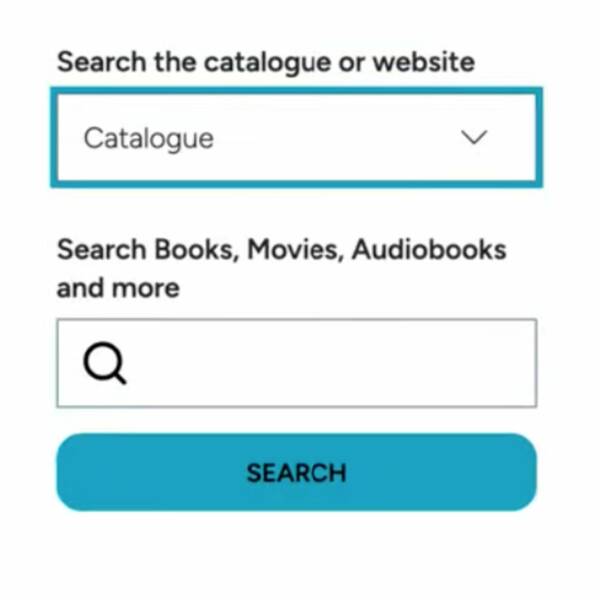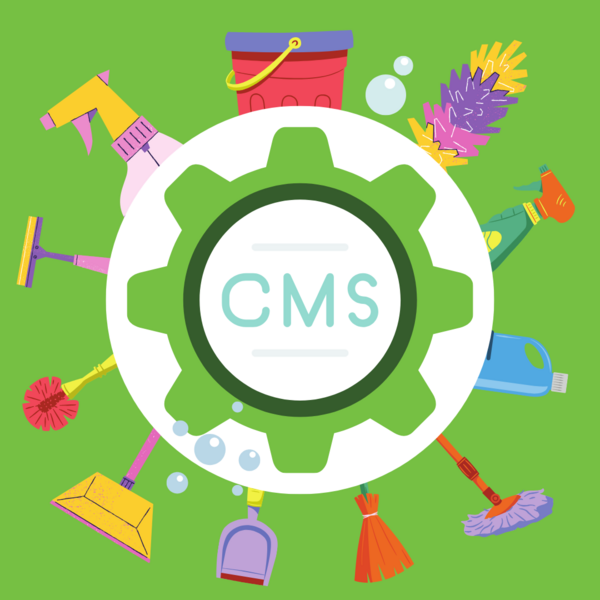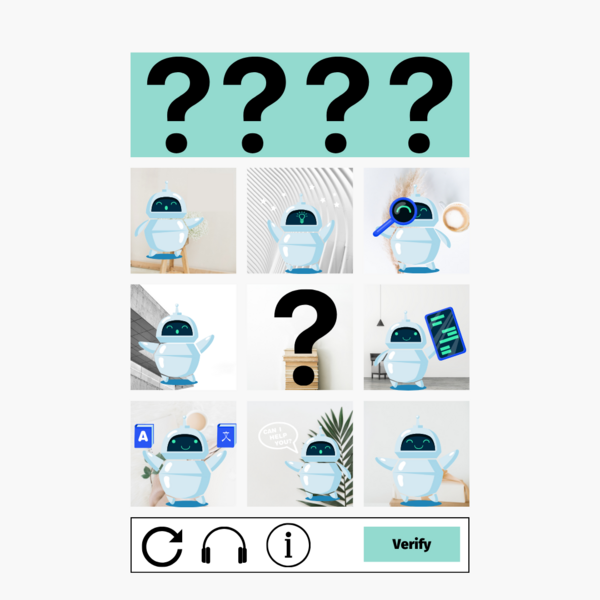Mugo partner since 2011
"In the three months Mugo worked on our new version -- which had stalled with our previous developers -- we have made more progress than ever before. They are fast, precise and thorough, and definitely stand out in the industry!"
Frogs-in-NZ is a New Zealand travel agent catering to French-speaking visitors and expatriates from around the world. Their website provides extremely comprehensive help and material about visiting or moving to New Zealand, and has a lively and engaged community with tens of thousands of forum messages. Mugo helped to push the re-launch of the Frogs-in-NZ website earlier than expected while implementing many eZ Publish best practices.
"From our first contact, the team at Mugo has shown an unprecedented level of commitment to our web projects... ending almost 4 years of struggling! In the three months Mugo worked on our new version -- which had stalled with our previous developers -- we have made more progress than ever before. They are fast, precise and thorough, and definitely stand out in the industry!"
- Sébastien Michel, Director, Frogs-in-NZ Limited
The Frogs-in-NZ website is entirely in French and offers a wealth of free information as well as paid services. The website is of upmost importance to the Frogs-in-NZ business; since they do not have the size of operation to have a direct presence in other countries, they rely on the website as the first entry point for most people to discover what Frogs-in-NZ can offer.
Among the free information that can be found on the site is the following:
As a travel agent, Frogs-in-NZ is able to sell the following through their website:
The Frogs-in-NZ website has a very active forum, with about 15,000 users and 85,000 forum messages contained in about 15,000 topics going all the way back to April 2003. Visitors discuss topics from visas and taxes to recommended neighbourhoods and mobile phone companies.
Broken out from the forum is the "petites announces" section, otherwise known as the classifieds. Here, people can post classified ads to sell their car, to post a job opportunity, or to sell furniture and appliances with a small listing fee. They can post classified ads of other types for free. The behind-the-scenes workflow for the creation of a classified ad determines whether a payment is necessary, accepts the payment and stores information about the requested category, and links the purchased credit to the correct ad.
The revamped website features eZ Flow to create dynamic home pages and sidebars and eZ Find to search content from across the site. Mugo Web helped to set up the publishing process to make it easy for editors to feature different services and stories in content blocks. We helped optimize the content structure so that complex page elements are loaded and searched in a responsive manner. Using eZ Publish template best practices, we optimized smart caching rules, dynamic menu generation, forum user statistic generation, page styling, and more.
On the server end, Mugo Web troubleshooted some issues that were causing regular and significant slowdowns and crashes on the site. We analyzed the types of page requests and properly configured a few important MySQL database settings, which completely eliminated the site issues and dramatically improved site speed.

Recently, one of our clients came to us looking to archive an older website that was no longer being updated. The site still needed to be accessible to the public for reference purposes. Taking it offline was not an option due to its historical value.
Running the site on a traditional hosting environment meant paying for a full web server, application runtime, monitoring, and associated maintenance — all of which were unnecessary for a site that no longer required server-side processing.
If you have a legacy site that doesn’t require dynamic content, migrating it to AWS S3 and CloudFront can be a highly cost-effective solution, all while ensuring it remains accessible, secure, and efficient.
Automating website management tasks like SSL certificate renewal is a great way to save time and mitigate human error, particularly if you manage multiple websites. Learn how to automate SSL certificate renewal using Let’s Encrypt and Oracle Cloud Infrastructure DNS API.
Building a website often comes down to choosing between “best–of-breed” services and cost-effective solutions that meet your business needs while being relatively easy to manage. Here we explore AWS services for automated text messaging and email, and compare them with other 3rd party options in the context of work done for GoLibrary.
Newly revised rules from the ADA regarding digital accessibility mean libraries in the United States have until April 26th, 2026, to ensure they are conforming to WCAG 2.1 AA standards. What does this entail, and how can a library system start making content more accessible?

Tabbing through a web page can be a frustrating experience. The user tabs to access a menu, but with the keyboard's next tap, they’ve moved on to another page element and have to retrace their steps to access the desired content.
For users who rely on keyboard navigation, this can be a major accessibility roadblock. And for other site visitors, it’s just poor UX.
Fortunately, you can implement a fairly straightforward function in JavaScript called a “focus trap” to ensure users don’t leave the page area they’re in without intending to do so.

Mugo partner since 2024
An initiative led by the Northern Lights Library System to promote library services to Indigenous communities

WordPress can be a great option for easy website development, but because of the rapid evolution of the CMS, it can lead to inefficient code and slow loading pages. We'll show you how to clean up unused CSS and JS from pages to improve site-wide performance.

CAPTCHA is an essential need on online forms, but to be blunt, the UX sucks. Without the implementation tips (helpfully detailed below), Google’s otherwise reliable reCAPTCHA service implemented “as-is” doesn’t actually provide any browser validation. The user will have to wait for it to make a time-consuming round trip to the server. It’s a problem for anyone and becomes compounded for users with accessibility needs.